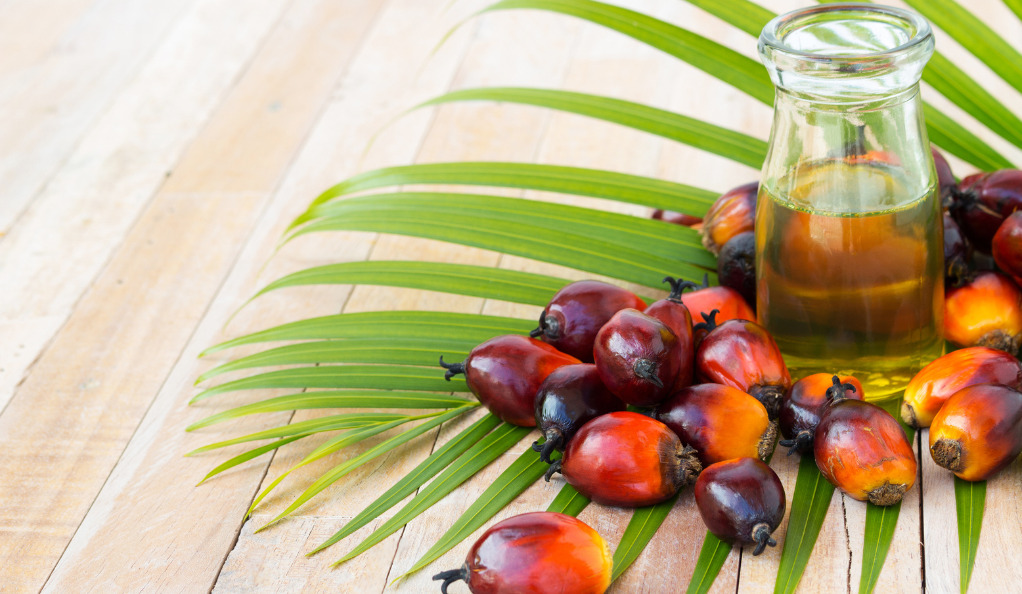Palm Oil Surges to 9-Day High on Robust Exports and Weaker Ringgit
Palm oil, one of the most widely used vegetable oils in the world, has surged to a nine-day high on the back of robust exports and a weaker ringgit. The global demand for palm oil has been steadily increasing, and this recent surge in prices highlights the positive outlook for the industry. In this article, we will explore how strong export figures and a fluctuating currency have contributed to the rise in palm oil prices.
Palm Oil Surges to 9-Day High on Strong Exports

Palm oil prices have experienced a significant surge, reaching a nine-day high, mainly due to strong export numbers. Malaysia, one of the largest producers of palm oil, has seen a surge in demand from key importers such as India and China. This increase in exports has been driven by various factors, including the easing of lockdown restrictions in many countries and the rising demand for vegetable oils in the food industry.
Furthermore, the global push for sustainable sourcing of palm oil has played a crucial role in boosting exports. Consumers and companies are increasingly demanding palm oil that is certified as sustainable and environmentally friendly. Malaysia’s commitment to sustainable production practices and its certification schemes have helped to strengthen its position as a trusted supplier in the international market.
Weaker Ringgit Boosts Palm Oil Prices
Another contributing factor to the surge in palm oil prices is the weakening of the Malaysian ringgit against the US dollar. As the ringgit weakens, it makes palm oil exports more attractive and competitive in the global market. This has led to an increase in demand for Malaysian palm oil, further driving up prices.
The weakening of the ringgit can be attributed to a variety of factors, including geopolitical tensions, uncertainties surrounding the global economy, and fluctuations in oil prices. As a result, investors have sought refuge in commodities such as palm oil, driving up its value.
In conclusion, palm oil prices have surged to a nine-day high due to strong exports and a weaker ringgit. The increase in demand from key importers, coupled with Malaysia’s commitment to sustainable sourcing, has boosted the export figures for palm oil. Additionally, the weakening of the Malaysian ringgit has made palm oil exports more attractive, leading to a rise in prices. As the global demand for vegetable oils continues to grow, the palm oil industry is poised to benefit from these favorable market conditions.
